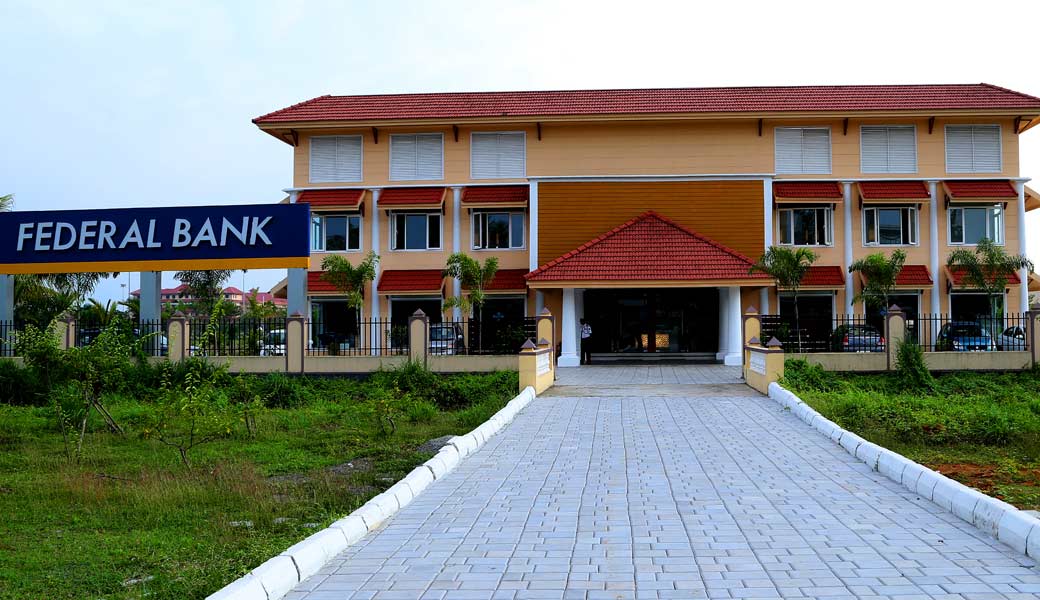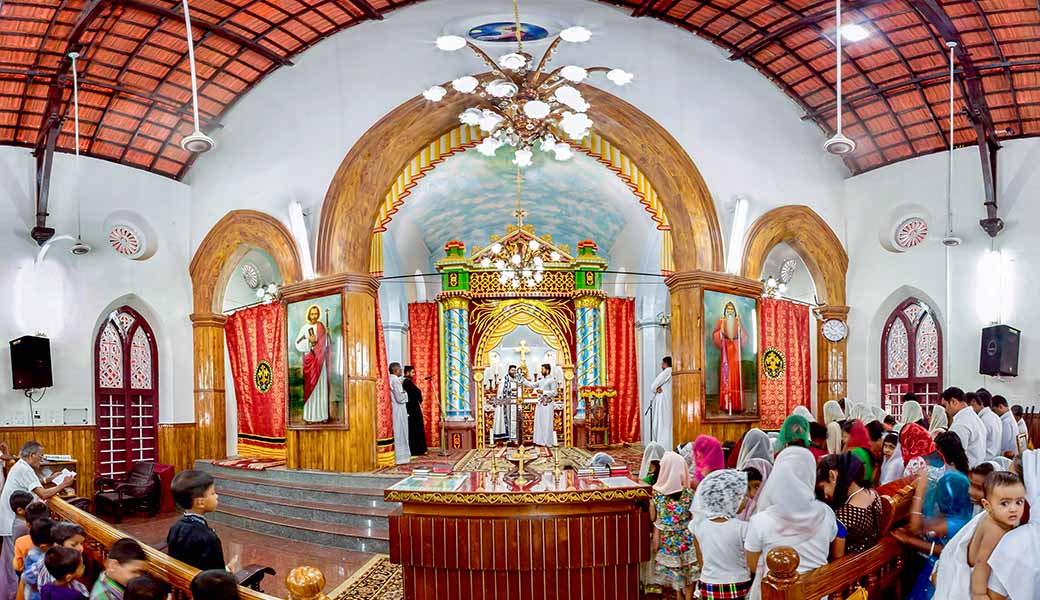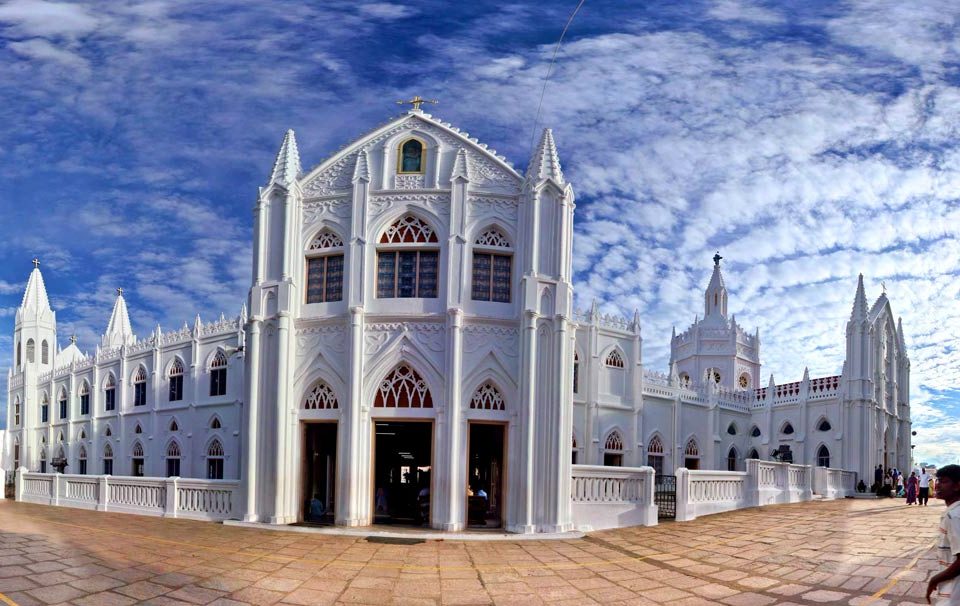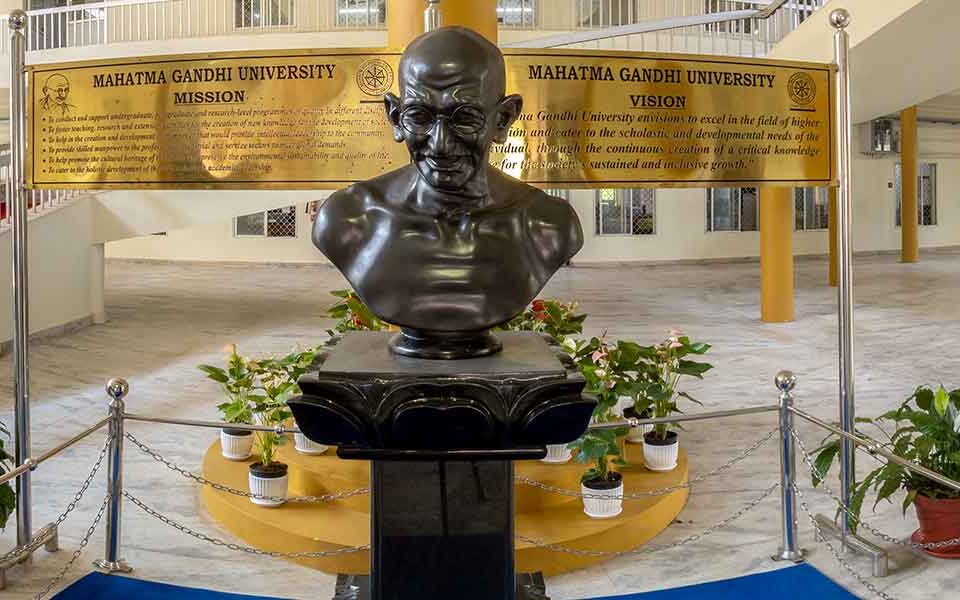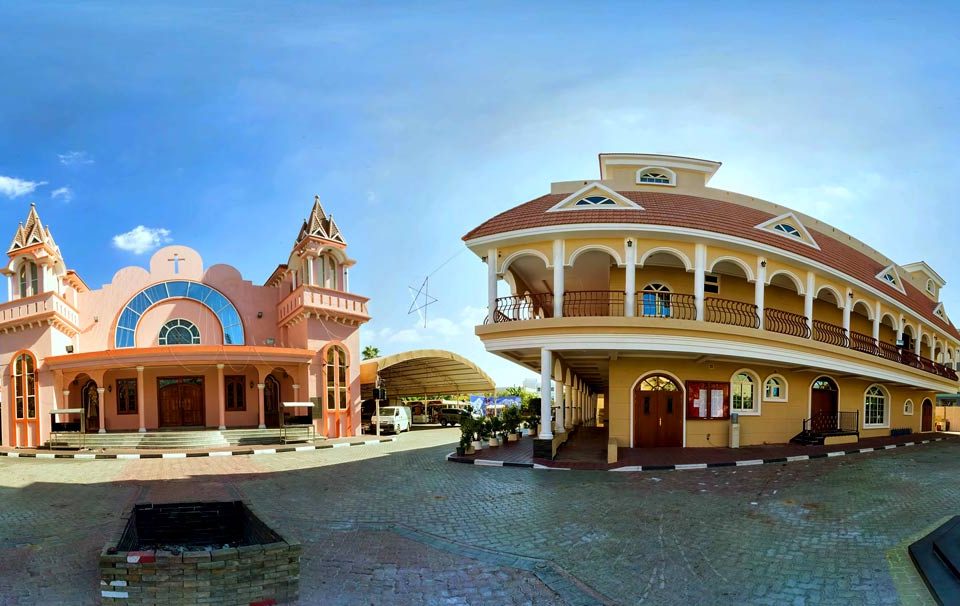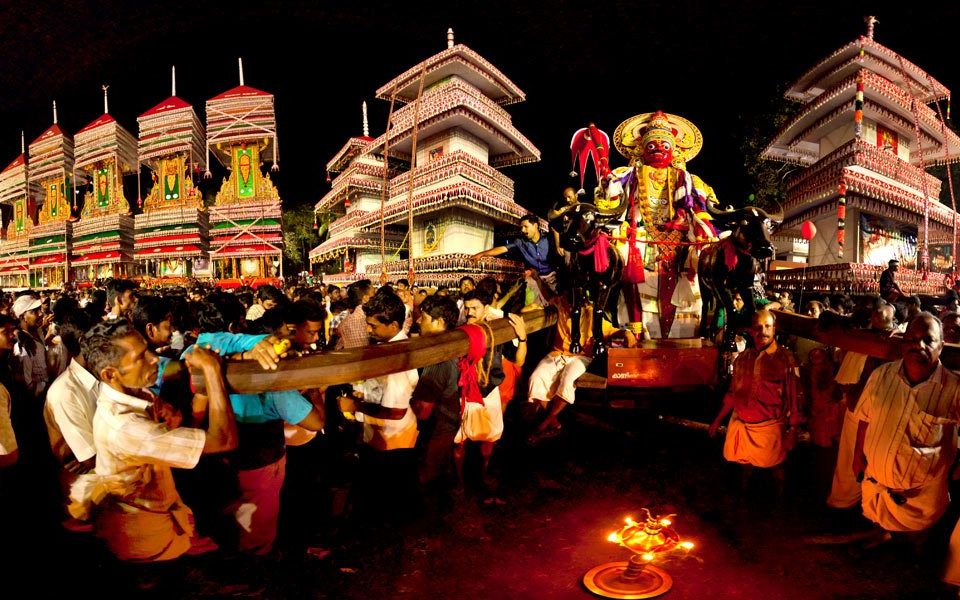The Orthodox Theological Seminary Kottayam, Old Seminary
Watch and share the 360° virtual reality tour of the Orthodox Theological Seminary Kottayam, known as Old Seminary or Pazhaya Seminary.
The Orthodox Theological Seminary Kottayam, popularly known as Old Seminary (Pazhaya Seminary) which completes 200 years of witness to true orthodoxy holds a unique place in the cultural history of Kerala in South India. The history of the Seminary is part of the saga of the heroic struggles of the ancient Orthodox Christian community to preserve its identity, strengthen its spirituality and promote its ideals.
It is unique for more than one reason. The Seminary was:
The first locale to start English education in Kerala.
The first to have Englishmen as teachers.
The first in Kerala to have a printing press.
The first venue for the translation of the Bible into unified and standardized Malayalam vernacular.
The first venue of the composition of Malayalam-English, English-Malayalam dictionaries.
It has been the living witness and forum of action for many great events in the history of the Malankara church. As the headquarters of the Syrian Orthodox Church of Malabar since the 19th century and as the seat of its chief metropolitan called Malankara Metropolitan and later on Catholicos, the Seminary has become a focal point in the chronicle of the ancient Orthodox Church in India.
The Founding
The Seminary owes its origin to the far-sightedness of Pulikkottil Ittoop Ramban (Joseph Ramban), a learned monk from Kunnamkulam who carried out with singular courage a major decision of the Church made at Kandanadu in 1809 to institute a school of theology (Padithaveedu) in the South of Kerala. The foundation stone was laid on February 18, 1813, and the construction was completed by 1815. The Seminary pays due homage and is ever grateful to Gowri Parvathy Bhai, the Queen of Travancore and Col. John Munroe, the then British Resident for their unreserved support toward the initiative. The structure of the Old Seminary Building is called “Naalukettu” translated into English as ‘central-quadrangle’.
Source: www.ots.edu.in
Created by Leen Thobias P4Panorama

